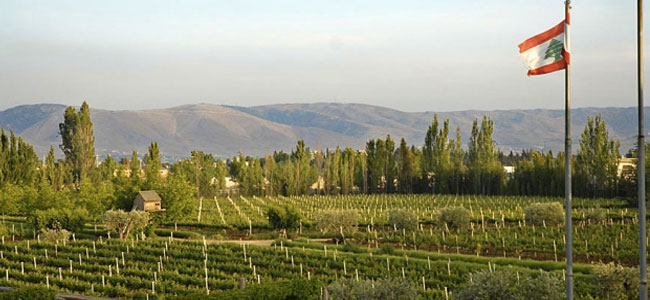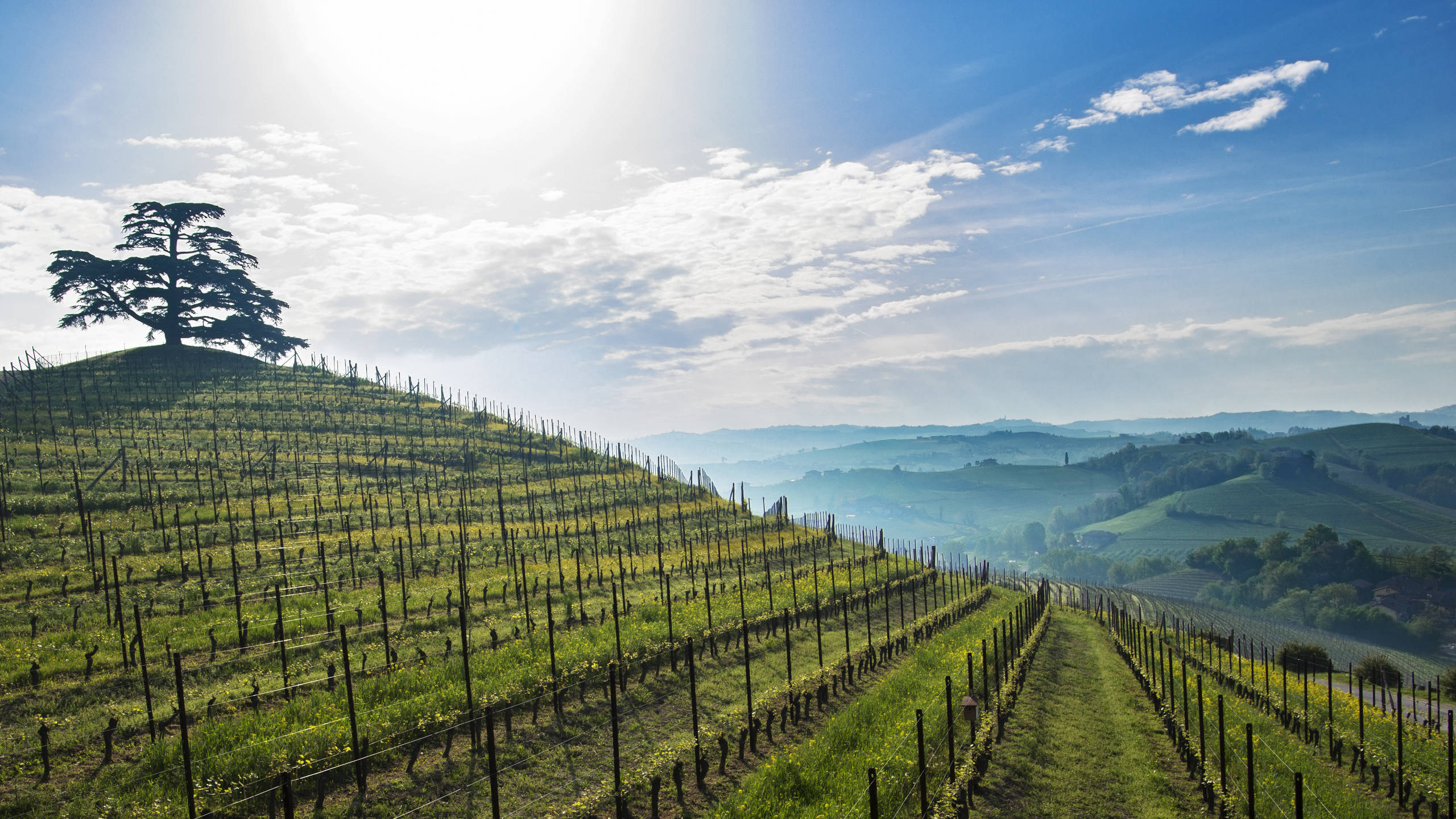A highly sought-after Lebanese wine with enormous ageing potential, Château Musar is the ultimate expression of the specific terroirs of the Bekka Valley (interact...
- Rupture de stock


Today, the Lebanese vineyard covers an area of 14,000 hectares, of which only 3,000 are devoted to wine production. The rest is dedicated to the production of table grapes. For comparison, these 3000 hectares are equivalent to the surface of the Côtes de Nuit in Burgundy! Small so, but growing steadily by 5% per year.
With 60% of the surface planted, most of the Lebanese vineyard extends into the famous Bekaa Valley. Situated between Mount Lebanon and Mount Anti-Lebanon in a thin strip of land 100 km long and 15 km wide, this high fertile plain culminates at more than 1000 meters above sea level. It offers ideal conditions for the cultivation of the vine.
The Lebanese climate is of course Mediterranean. In the heights of the Bekaa plain, it is modulated by large seasonal and intradiurnal temperature amplitudes (within the same day). This climatic feature allows grape berries to develop their acidity and sweetness under the best conditions. Protected by mountains, the air is dry and protects the vine from disease. This climate facilitates organic viticulture, as chemical inputs are less necessary.
More confidential, the vineyards of Mount Lebanon (scarped and open to the four winds), Batrun (facing the sea) and Jezzine (southern) offer different climatic and geological conditions, which allow a wide variety of grape varieties to express themselves.
A mix of local and international grape varieties:
Lebanese encépagement reflects the history of the country.
But what makes the Lebanese vineyard unique, and surely its future, is the presence of native grape varieties that survived these different influences. Mercwah and obadieh are an integral part of the identity of Lebanese viticulture. They are also used in the production of l`arak, a water of life flavoured with l`anis, a Lebanese national beverage.
On the white side, it must be recognized that the chardonnay grape varieties, the white Sauvignon and even the viognier appear not to be suitable for the Lebanese climate. The local grape varieties, merwah and the lobadieh, in contrast, come out of the lot. Especially as they bring a touch of originality!
About 50 export oriented producers
At the top of its art, the Lebanese vineyard now produces nearly 10 million bottles of wine per year, thanks to the work of some 50 estates. 50% of this production is destined for export: in the United States, the United Kingdom, France and Canada in particular.
The Musar Castle is one of them. Probably the most emblematic in Lebanon. Created in 1930 by Gaston Hochar, he actively participated in putting Lebanese viticulture on the international stage. Influenced by its historical proximity to the Bordeaux region, the Hochar family patiently built the Castle's reputation. Today, the field is recognized as an internationally recognized nugget in international competitions.

A highly sought-after Lebanese wine with enormous ageing potential, Château Musar is the ultimate expression of the specific terroirs of the Bekka Valley (interact...